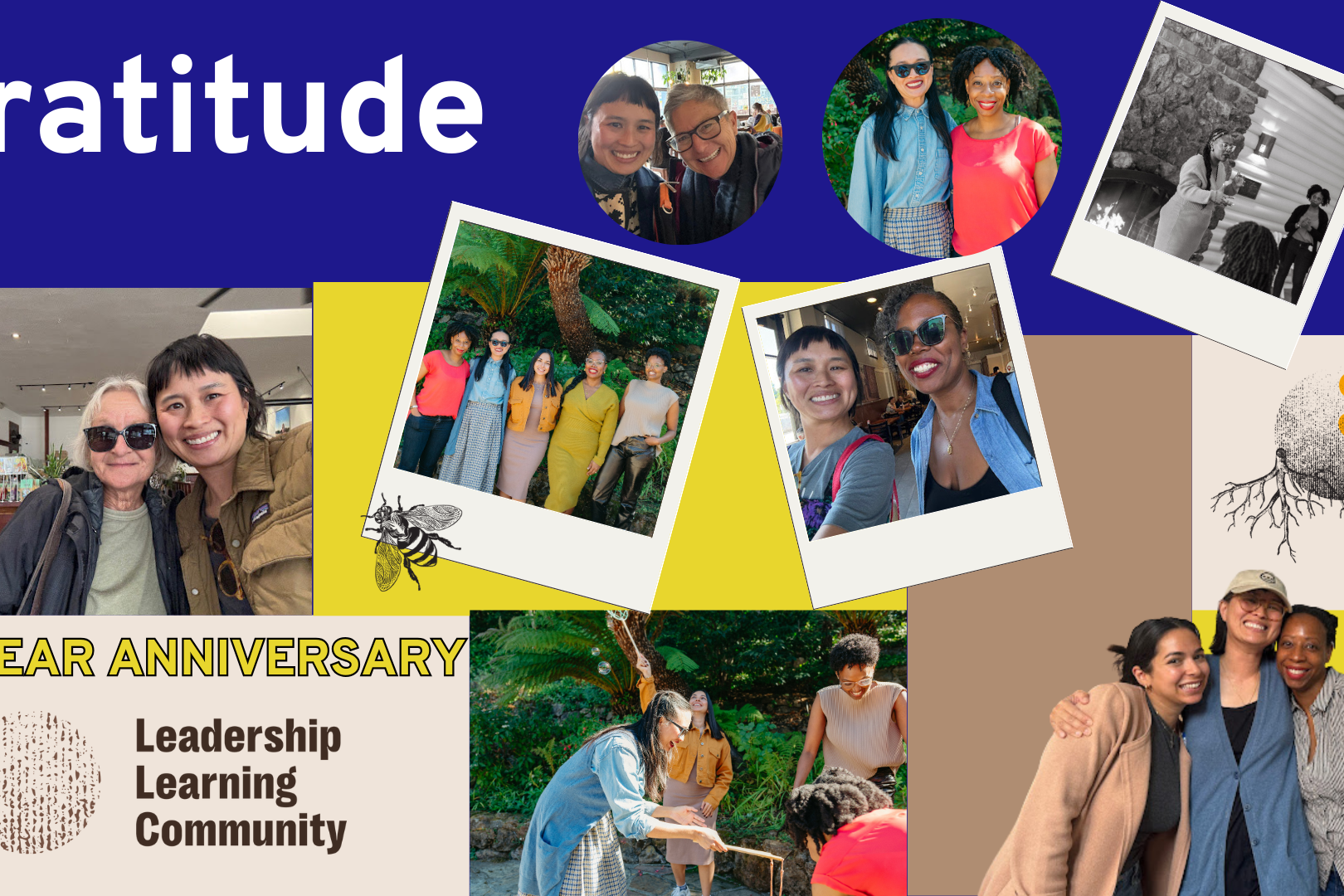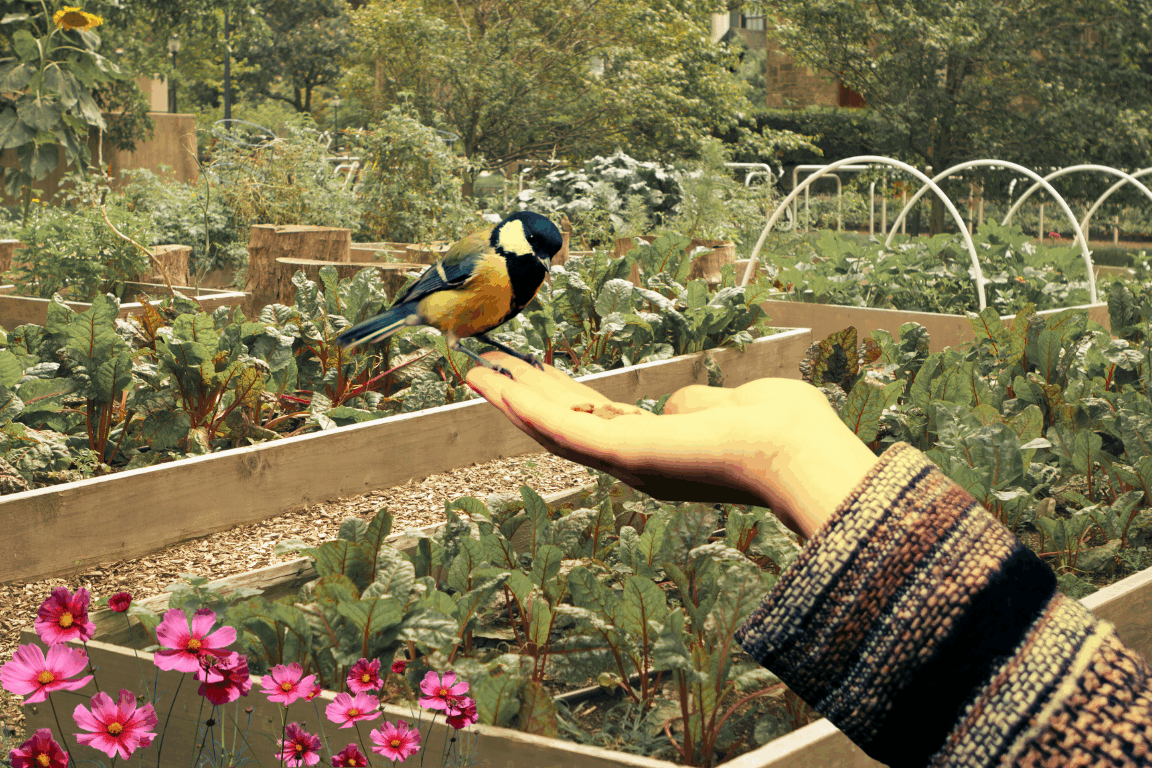It’s been 50 years since the Fall of Saigon, ending the Vietnam War – this war (and adjacent secret wars) were also very American. It claimed somewhere between 1-3 million Vietnamese, Cambodian, Hmong, Mien, Laotian, and others’ lives. Another ~58,000 U.S. military fatal casualties have been recorded. Afterwards, the effects of Agent Orange, undetonated mines, family separation, and community trauma would continue to harm and kill Southeast Asians and Americans for generations to come.
Moreover, this war was the beginning of the media’s new business of televising destruction and death, and primed the public’s ability to consume and digest such devastation at scale. Taking a big breath here feels appropriate.
ran my fingers across the whole world
and whispered
where does it hurt?
it answered
everywhere
everywhere
Everywhere.
Excerpt from “what they did yesterday afternoon” by warsan shire
So many people, maybe some of you, have experienced the Vietnam War in this second way, too. Today, we have all experienced many wars through the news and social media. For example, I am thinking about what is going on in many places in the world today, including Venezuela, and am grateful my colleague Alexandra is sharing some of her insights here.
I was born and raised in America after the Vietnam War, and I am privy to the lessons of war in my bones. My elders rarely spoke about it, and by the time I got curious enough, we didn’t speak the same dominant language anymore. Still, I didn’t need a rat study on generational trauma or social research on migration trauma to explain to me what was happening. Somewhere between my DNA and my childhood, I already gained a lifetime of clarity that man-made suffering was really wasteful, distracting, and too easy, tempting, and profitable of a solution. There are more of us who know about how awful war is than those who do not, yet wars are still a regularly used tool in our toolbelt.
I’ll tell you how we’re wrong enough to be forgiven. How one night, after backhanding mother, then taking a chainsaw to the kitchen table, my father went to kneel
in the bathroom until we heard his muffled cries through the walls.
And so I learned that a man, in climax, was the closest thing to surrender.
Excerpt from On Earth We’re Briefly Gorgeous by Ocean Vuong
I chose to work in the nonprofit/public interest field to innovate away from violence. It took me a while to piece it together, but the social good sector is also steeped in war practices. The term “strategy” is a derivative of the Greek “strategos” or “general of the army.” In this sector, we identify targets, gather assets, conceal information, assess risks, practice combat somatics, fight as comrades and warriors, and achieve big wins. Indeed, what you pay attention to grows, and these are true and tried ways of getting to outcomes that your funders, donors, and board want.
I now understand the extent that war is intertwined with our lives, and I know I will never get used to seeing others experience violence and its aftermath. I can acknowledge this and find value in the strategies and goals of the nonprofit sector, like racial justice. One might argue that liberatory leadership is derived from prisons and war as well. Perhaps, we cannot know freedom without knowing constraint. I’m not entirely sold on this yet, though.
“Not the ones speaking the same language but the ones sharing the same feeling understand each other.”
— Rumi
I didn’t need a definition of liberatory leadership to understand it1. What liberatory leadership offers is a reminder that we deserve more tools, toys, and spices within our reach. The industrial nonprofit complex is real, and I have heard enough leaders express the complex stories of your leadership filled with compromises and sacrifices to churn out those outcomes and returns on investments. Like me, leaders want just and joyous ways to do the work. We are looking for sustainability in our bodies and consciences as well. Layering on liberatory leadership is an important and vital practice to getting there. Given our wartime norms, we need to make deliberate space for dreaming up bright futures.
While no current strength based test, leadership development program, or assessment tool measures our capacity to enjoy the flowers, expands our ability to love, or teaches us to relax so deeply that we actually feel rested, I believe that we are getting closer to the alchemy of turning the deep lessons of our past into a life steeped in love. In turn, this means we can run values-aligned organizations that continue to churn out important outcomes, but never again at the expense of our people.
Mostly, what I want to say is that it is a privilege to be Vietnamese. In honor of 50 years since the Fall of Saigon, and my family’s journey as refugees, I offer this wisdom: in Vietnamese, we do not say “That is perfect!” Instead, we say “Đẹp quá!” or “That is beautiful!” Try that the next time you find delight in your life to move past the language and practice of war and strategy, and back to joy, love, and beauty every so often
Cover Photo by Steven Wilcox on Unsplash
1 – Liberatory leadership means taking responsibility for collectively transforming our freedom dreams into reality by freeing ourselves from oppressive and limiting self-beliefs, harmful interpersonal practices, and divesting from and changing systems of harm that rely on domination and extraction. For those of us leading from within movements and organizations, this means creating, refining, and uplifting life-giving policies, structures, and practices that combat oppression in our organizations and our communities.
Related Posts
December 15, 2025
LLC’s 2025 Celebrations
July 21, 2025




